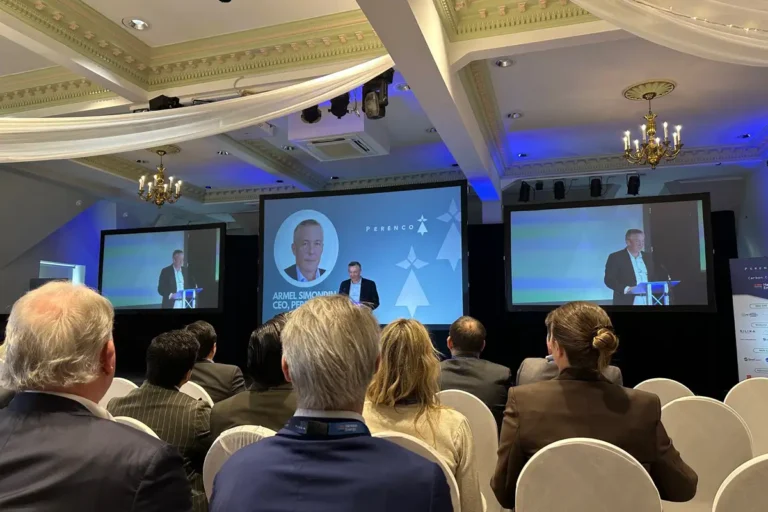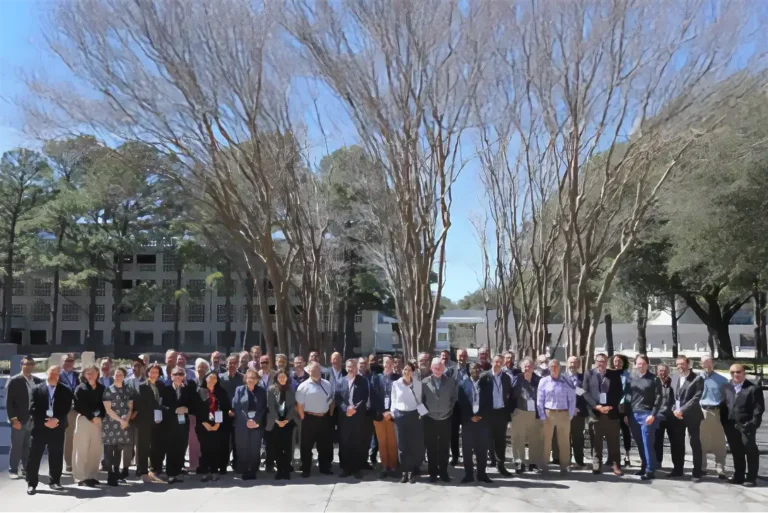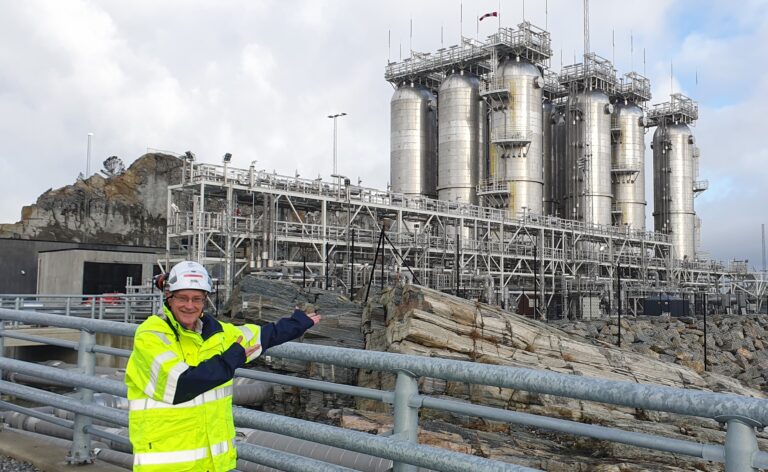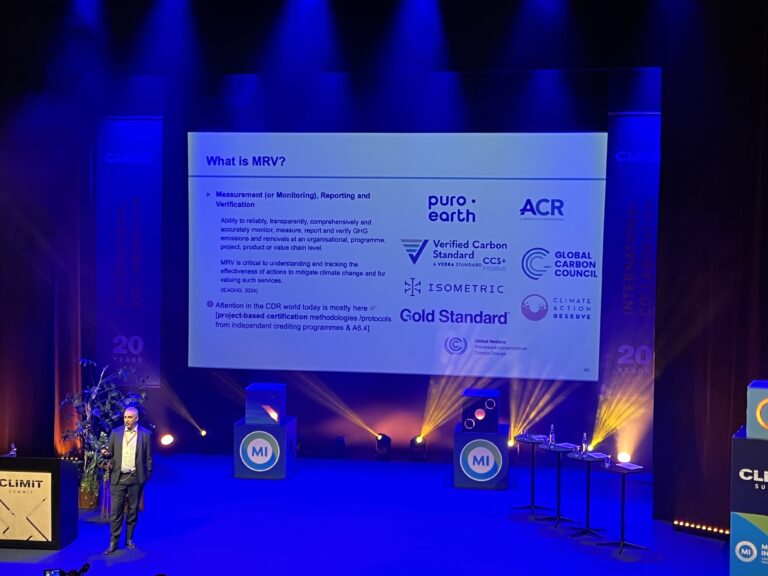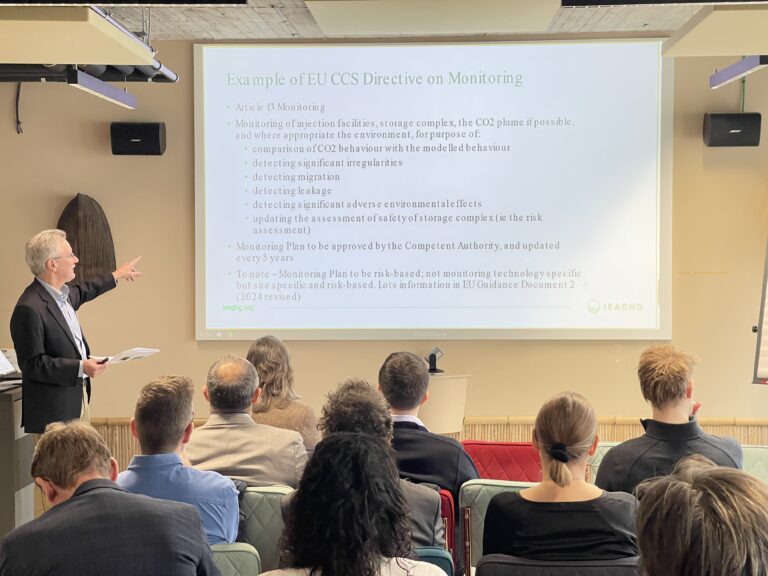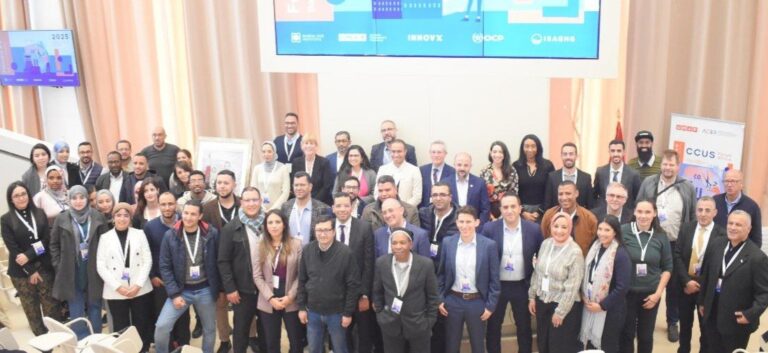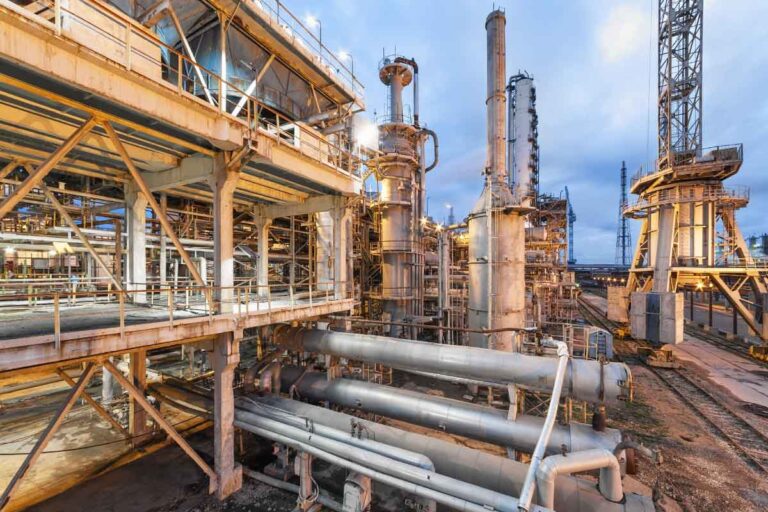
New IEAGHG Technical Report:Prime Solvent candidates for next generation of post-combustion CO₂ capture plants
28 February 2022

Research, development, demonstration, and deployment of advanced solvents is at the forefront of decarbonising the fossil fuel combustion sectors with the aim of making solvent-based CO2 capture more competitive in a net zero economy.Considering the extensive research in solvent design and development, a rapid and reliable screening protocol is imperative for new solvents and process configurations to be ranked against existing systems.
In light of the importance of vetting promising solvents for PCC, IEAGHG commissioned this study: ”prime solvent candidates for the next generation of post-combustion carbon capture (PCC) technology 2022-03, March 2022”. The main objective of the study is to conduct a comprehensive assessment of the promising PCC solvents and process designs to accelerate the deployment of CO2 capture technologies. This study further provides an analysis of the enhancement of PCC solvents and their potential functionality under standardized metrics to measure the solvents performance and their impact on capture costs including both capital expenditure (CAPEX) and operational expenditure (OPEX).
An exhaustive literature survey of solvents for PCC led to the creation of a solvent database named CO2SOLV which comprises of 842 entries of various type of solvents that include aqueous amine solvents, solvent blends, water-free/water-lean solvent and biphasic solvents. It contains detailed properties of >107 solvents plus several process configuration and modification schemes. This database includes publicly available information on installations testing solvents (at large, pilot and lab scale) for PCC, in addition to solvents reported in scientific publications and patents. This study developed a decision-matrix-tool to enable the comparison of the different solvents and processes based on Key Performance Indicators (KPIs). This performance indicators include monetised and non-monetised parameters/variables such as cyclic absorption capacity, heat of regeneration, solvent viscosity, enhancement indexing, heat capacity, degradability, surface tension, solvent cost, absorber sizing, reboiler temperature, among others.
This key messages from this study are as follows:
- Based on the collected data and their detailed analysis, no single amine was identified to have an overriding superior performance in terms of capital and operating costs.Most of the amines spanned between slightly better and poorer performance compared with MEA in terms of both capital and operating expenditures.The most promising amines were found to be 2-(isopropylamino) ethanol (IPAE), aminoethylethanolamine (AEEA), 2-methyl piperazine (2-MPZ), 2-(ethylamino) ethanol (2EAE), 2-amino-1,3-propandiol (2APD), 3-(methylamino) propylamine (MAPA), piperazine/2-amino-2-methyl-1-propanol (PZ/AMP) and monoethanolamine/ethylene glycol (MEA/EG).
- The solvent properties that have the most influence on the capital cost are the absorption capacity, reaction rate, absorption enthalpy (heat of absorption) and the liquid viscosity.
- In terms of process configurations, the most promising modifications include absorber inter-cooling, rich solvent split, stripper overhead compression, split flow, and lean vapour compression as per the reduction in the specific reboiler duty.
- In terms of process configurations, the most promising modifications was found to be absorber inter-cooling, rich solvent split, stripper overhead compression, split flow, and lean vapour compression as per the reduction in the specific reboiler duty.However, a techno-economic analysis is needed to account for the possible trade-off in the capital costs.
- Integration of two or more process modifications can potentially induce positive interactions and synergy in maximizing effects and mitigate offsets.Dual process integration showed various impacts on the overall process with a reported reduction of the specific reboiler duty (SRD) ranging from 11% to 39% when simulating MEA.Further study to evaluate the behaviour of other emerging solvents under the influence of multiple process modifications is expected to yield lower SRD.However, new research is expected to reveal the extent of savings in terms of the relevant indicators like SRD.
Other articles you might be interested in
Get the latest CCS news and insights
Get essential news and updates from the CCS sector and the IEAGHG by email.
Can’t find what you are looking for?
Whatever you would like to know, our dedicated team of experts is here to help you. Just drop us an email and we will get back to you as soon as we can.
Contact Us NowOther articles you might be interested in
Get the latest CCS news and insights
Get essential news and updates from the CCS sector and the IEAGHG by email.
Can't find what you are looking for?
Whatever you would like to know, our dedicated team of experts is here to help you. Just drop us an email and we will get back to you as soon as we can.
Contact Us Now


